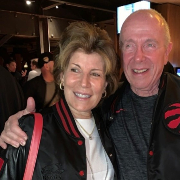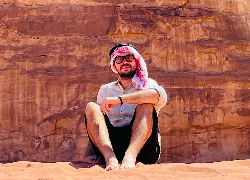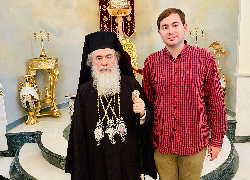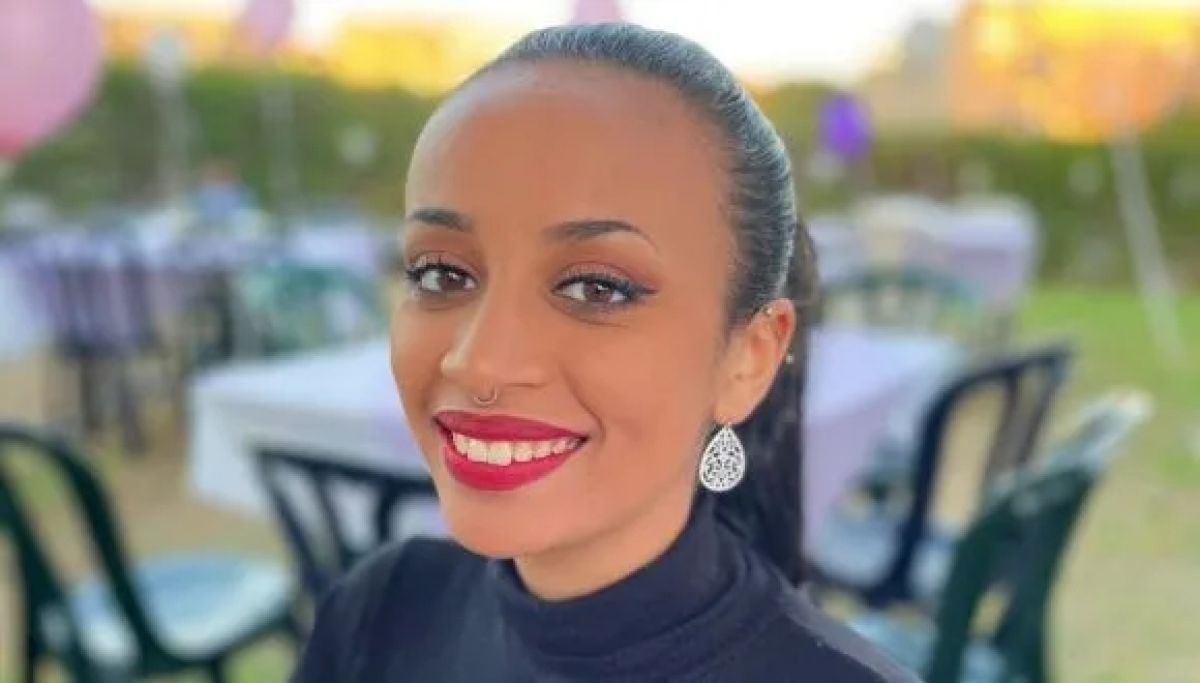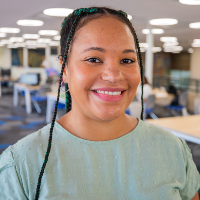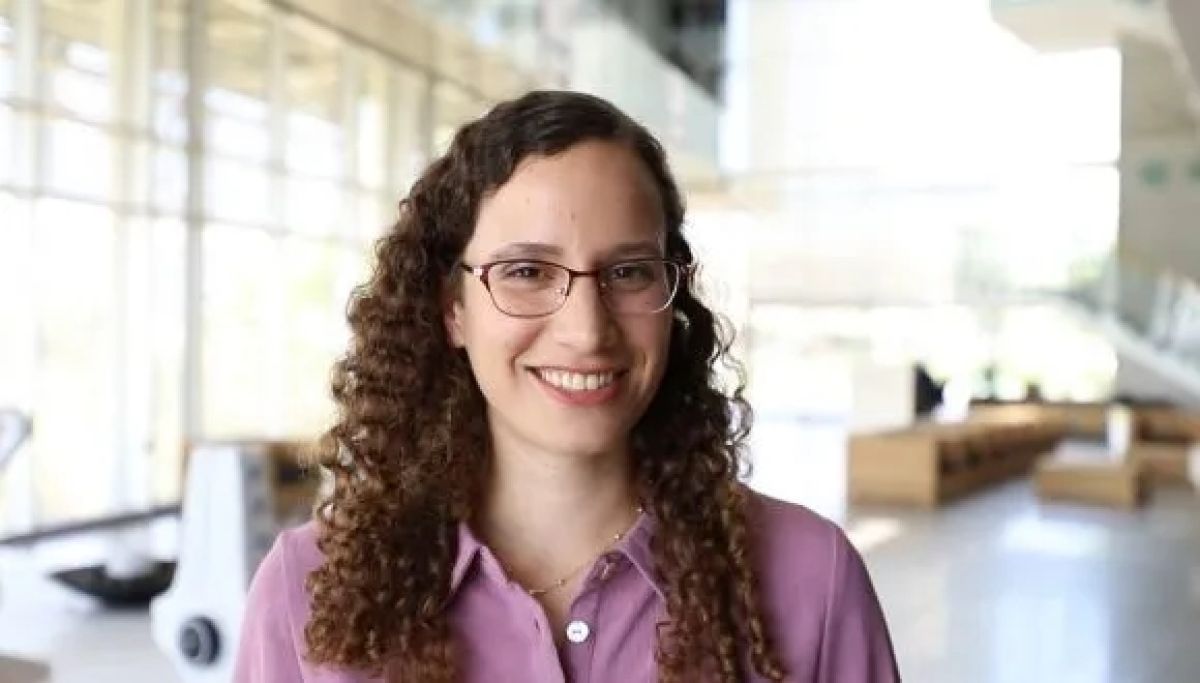Conquering the Wall of Fear
For Periphery Scholar Yakir Mazuz, studying at TAU is a dream come true
TAU student Yakir Mazuz had a decisive experience while working at a hotel as a teenager. “I was exposed to the harsh reality of Israel’s periphery there,” says Mazuz, who hails from Tzfat in Israel’s North. “I met people from the margins of society, who worked hard to earn minimum wage. Their employers exploited them. Many didn’t know how to read their pay slips, never mind know their rights.”
He decided then that if he could “break the glass ceiling” and attend a top university, he would study law to help these people.
Today, Mazuz is a third-year student at TAU’s Buchmann Faculty of Law and a participant in TAU’s Periphery Program. Aimed at outstanding students like him, the Program boosts accessibility to higher education among Israelis from disadvantaged backgrounds and outlying communities.
He explains that without the Program, he wouldn’t have been able to make the transition to pursue academic studies in Israel’s central region.
Growing up in an Orthodox community, “I was always different as a child,” he says. “I never fully subscribed to religious norms and the path that I was expected to follow: to combine army service with yeshiva study, marry young and attend a local college. I invested in my studies because I knew that they would help me move forward.”
During high school, TAU tapped him for the Periphery Program. After successfully meeting the Program criteria, Mazuz completed his mandatory army service and then enrolled at TAU.
“At the beginning, it was very, very scary,” he says. “Everyone you know is in the North. You’re on your own. You’re responsible for yourself completely.”
“It’s like there’s a wall that separates Israel’s North from Tel Aviv,” says Mazuz. “Many promising young people from the periphery have potential to succeed but they can’t breach that wall without help.” It’s not only about resources and materials needs, he says, but mindset, lifestyle and more. “Everything is different.”
Mazuz says he is grateful to TAU and President Prof. Ariel Porat, who founded the Program when he was Dean of Law in the early 2000s. “The Program gave me an opportunity to thrive, and I jumped at the chance to fulfill my dream of studying at the best law faculty at the country’s best university.”
TAU’s Periphery Program recruits students based on their achievements relative to their classmates, rather than on standardized admissions tests that pitch them against privileged peers from the country’s wealthier central region. It provides financial, academic, emotional and social support alongside career and employment guidance. In return, students perform community service. Ultimately, the Program aims to help scholars realize their potential and inspire other young people from their communities to follow suit.
The Program recently received an infusion of support from the Charles Evelyne and Sandra Dolansky Periphery Scholarship Fund and a fund established by Campaign Cabinet members Dr. Kathy Fields and Dr. Garry Rayant in honor of Campaign Chair Dr. Anita Friedman.
Mazuz says he has made good friends through the Program and values the support he receives from its staff. “You never feel alone,” he says. Moreover, his scholarship and living stipend allow him to focus on his studies and will enable him to finish his degree on time, without the need to work too much, he says.
Through his personal experience, his internships at NGOs through the Periphery Program, and his participation in TAU’s Workers’ Rights Legal Clinic, he is convinced that substantive social change can only come through the courts.
“We can’t expect a lawmaker in an ivory tower to understand what people in the social and economic periphery experience. We need people like us who come from there, and then succeed, to take action.”
As he begins his last year at TAU, Mazuz says he’d like to accrue work experience in public law before returning to academia for graduate studies. “I want to put into practice what I’ve been planning for so long: to give back and effect positive social change.”
By Melanie Takefman





